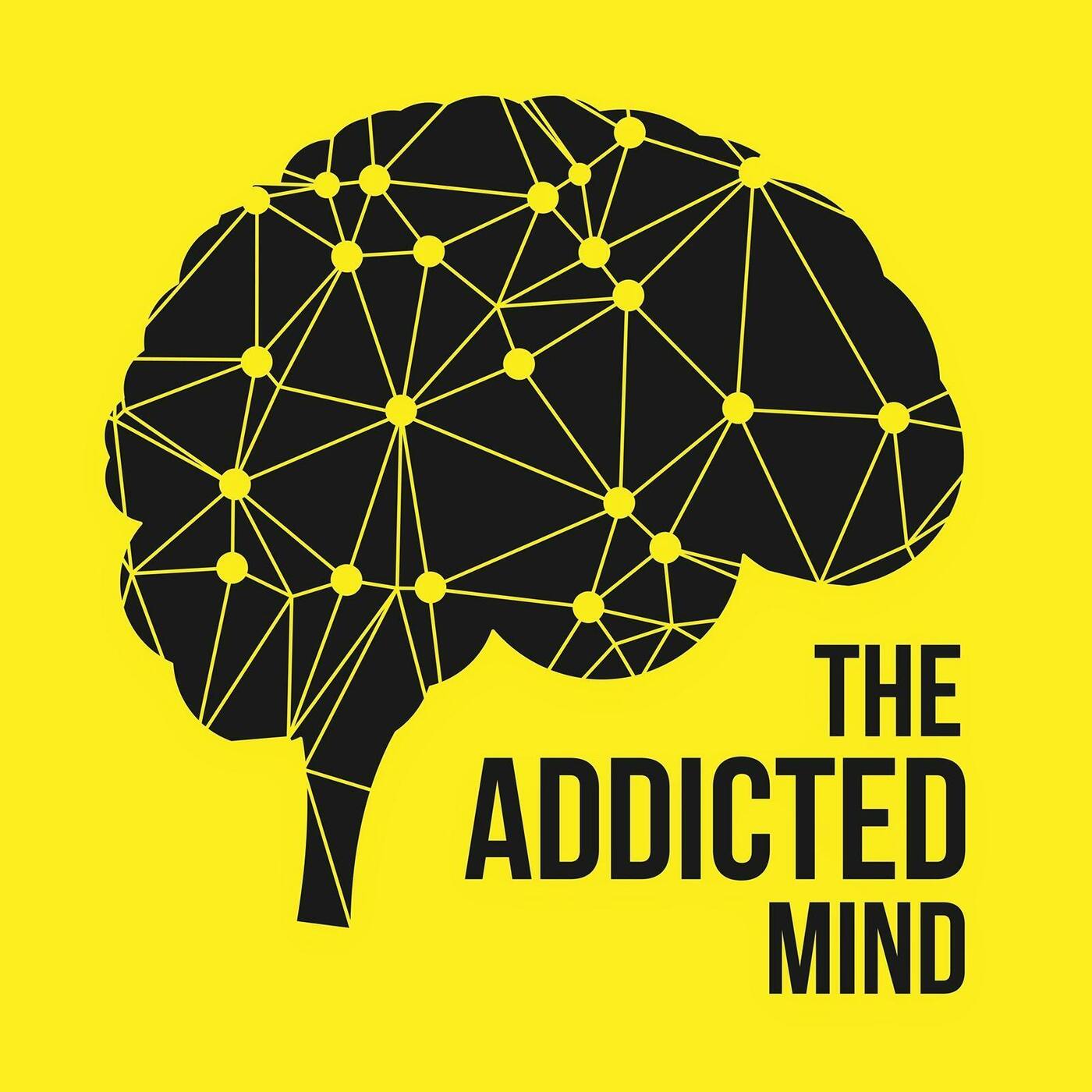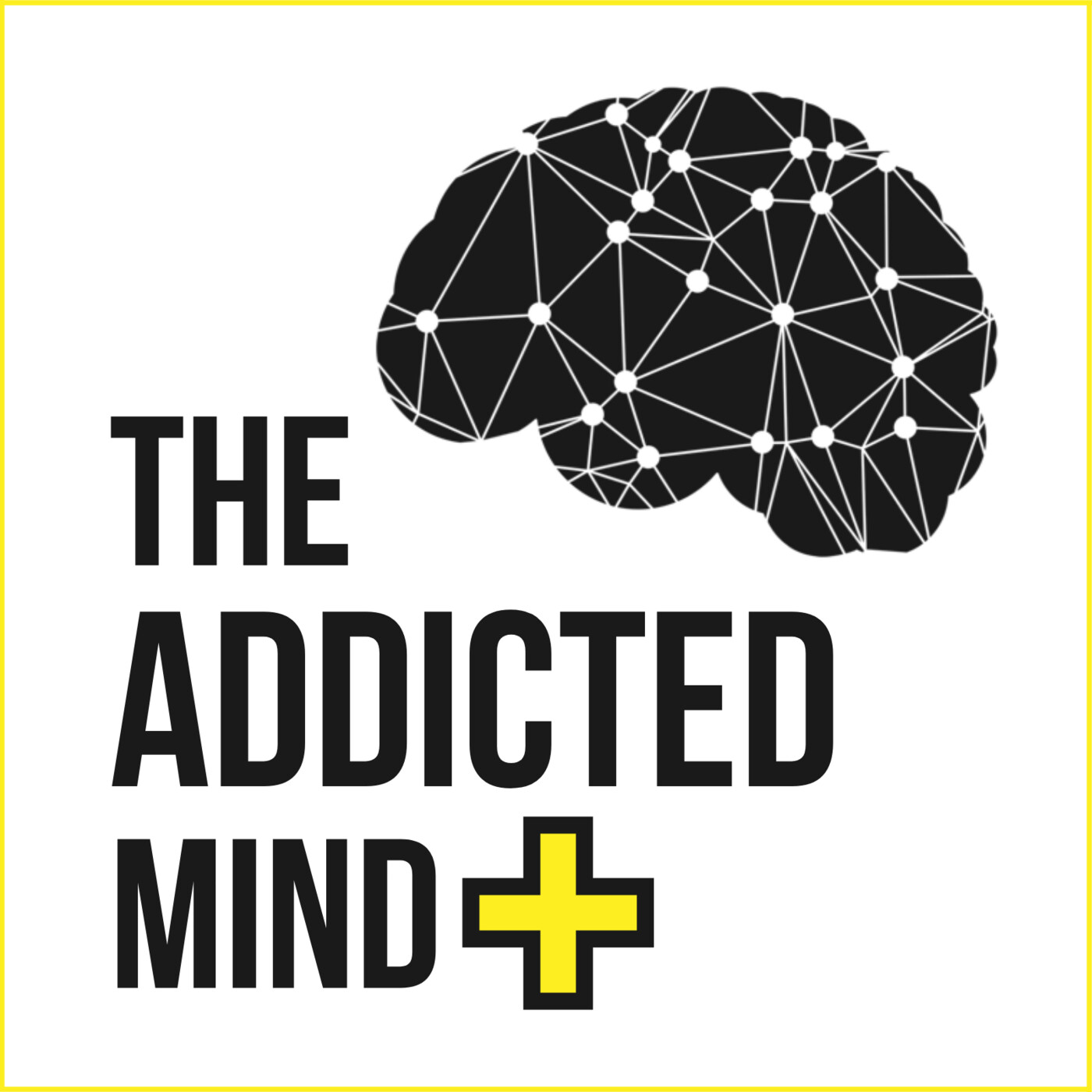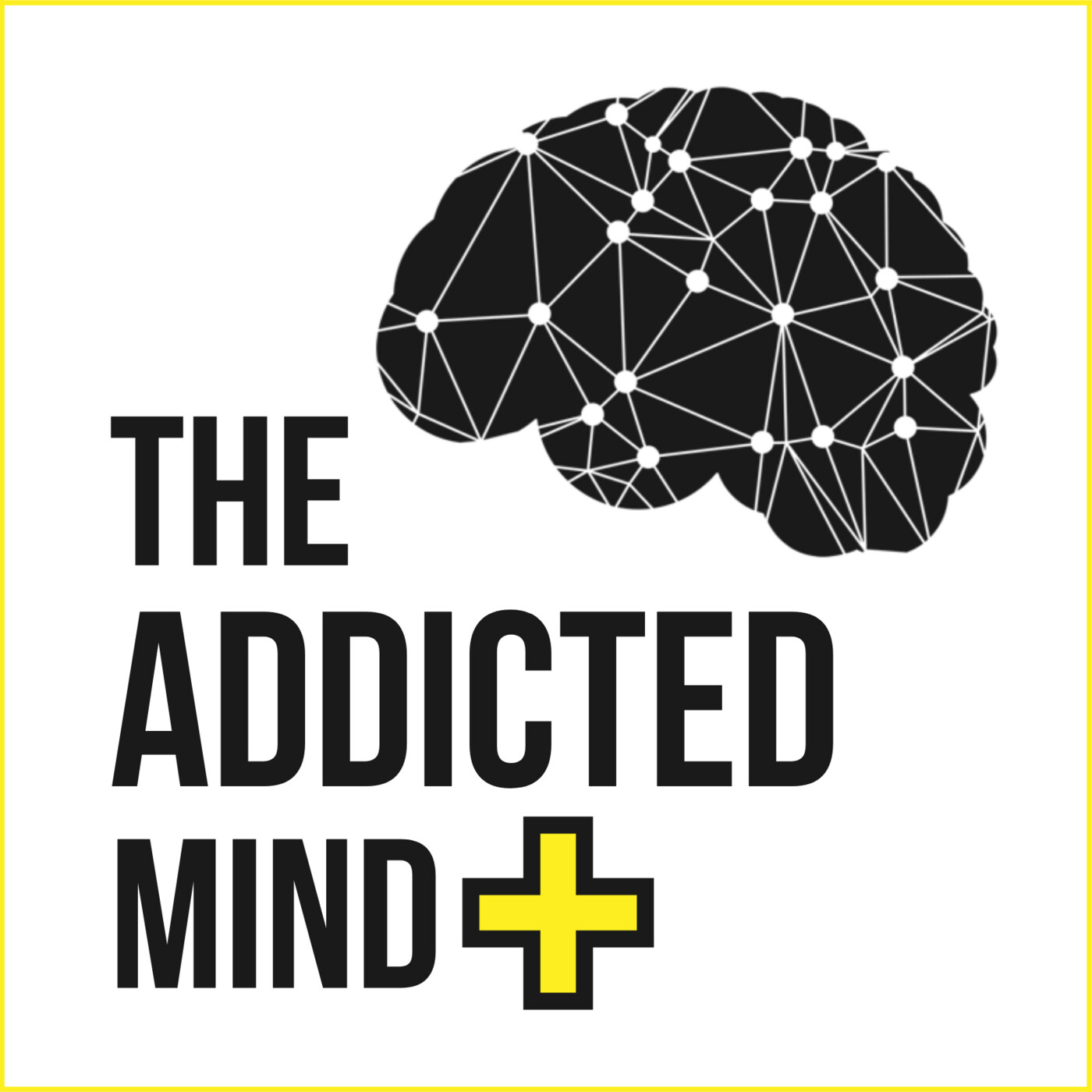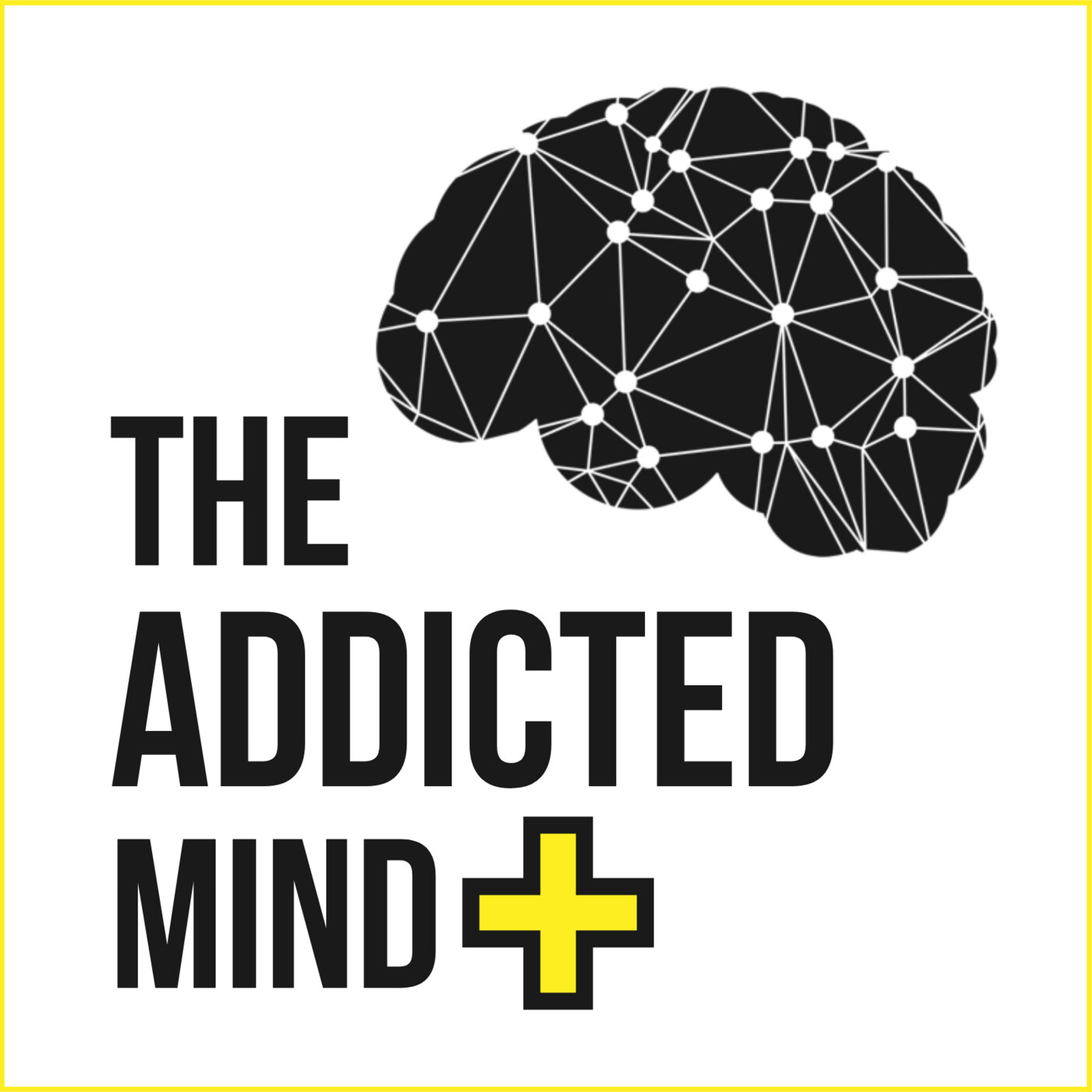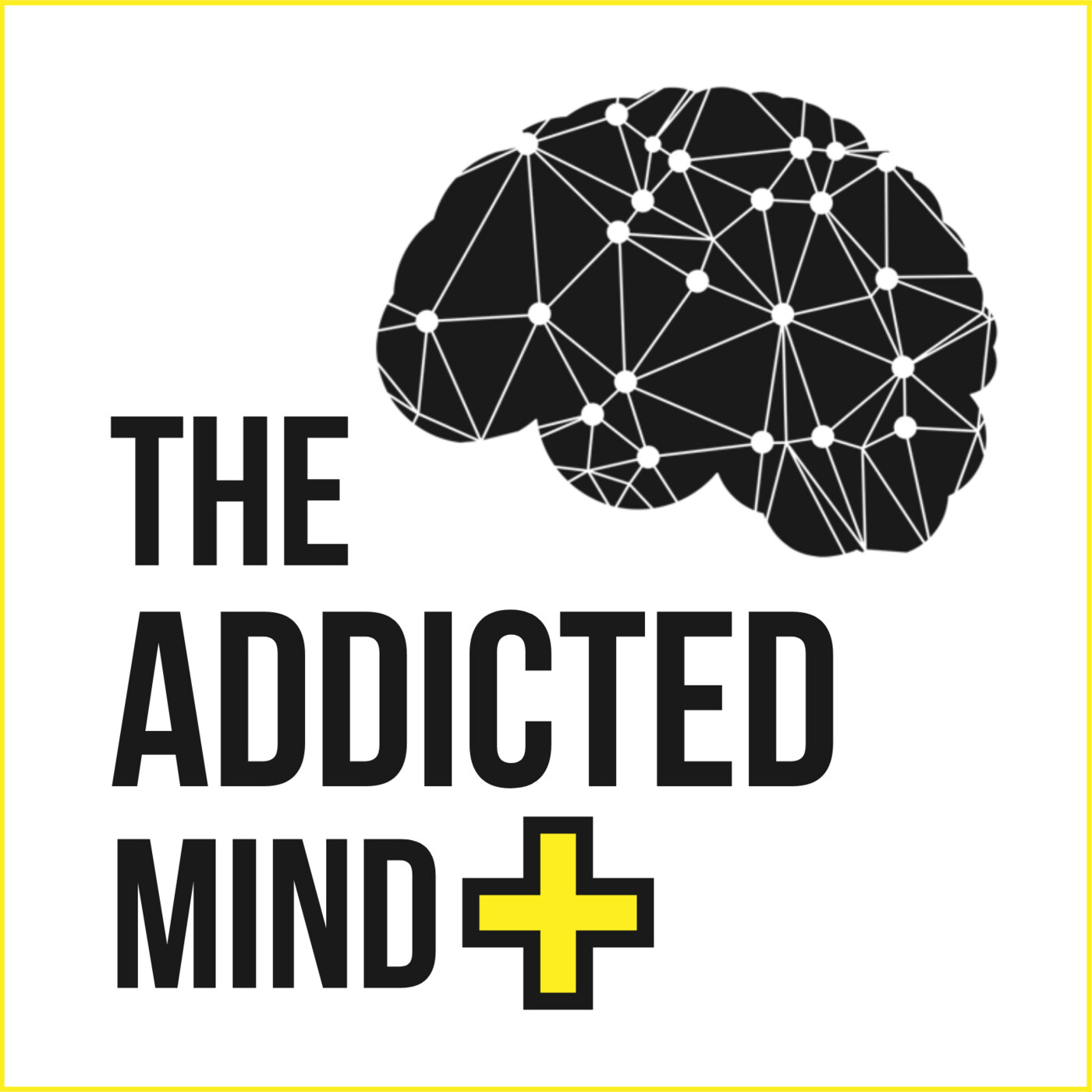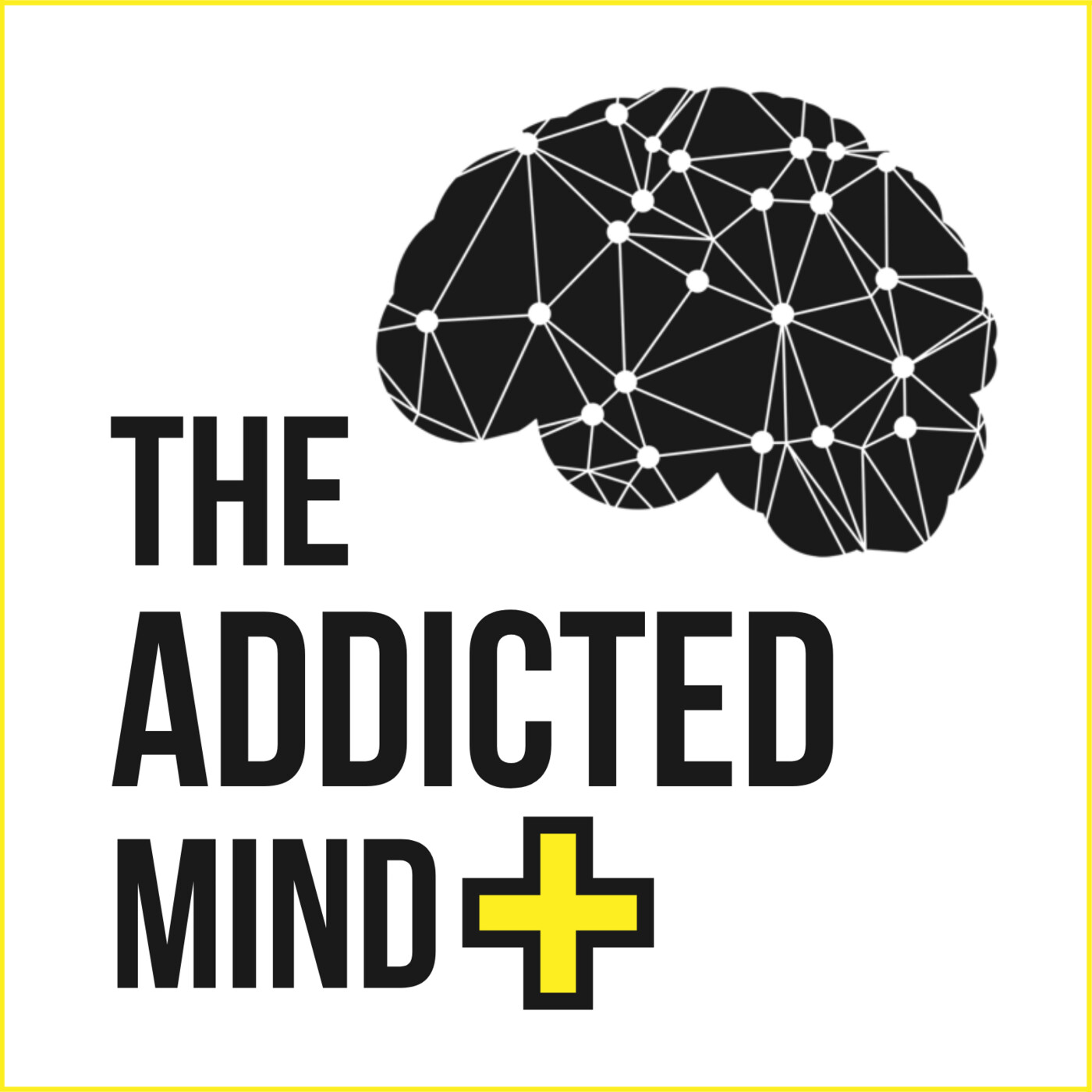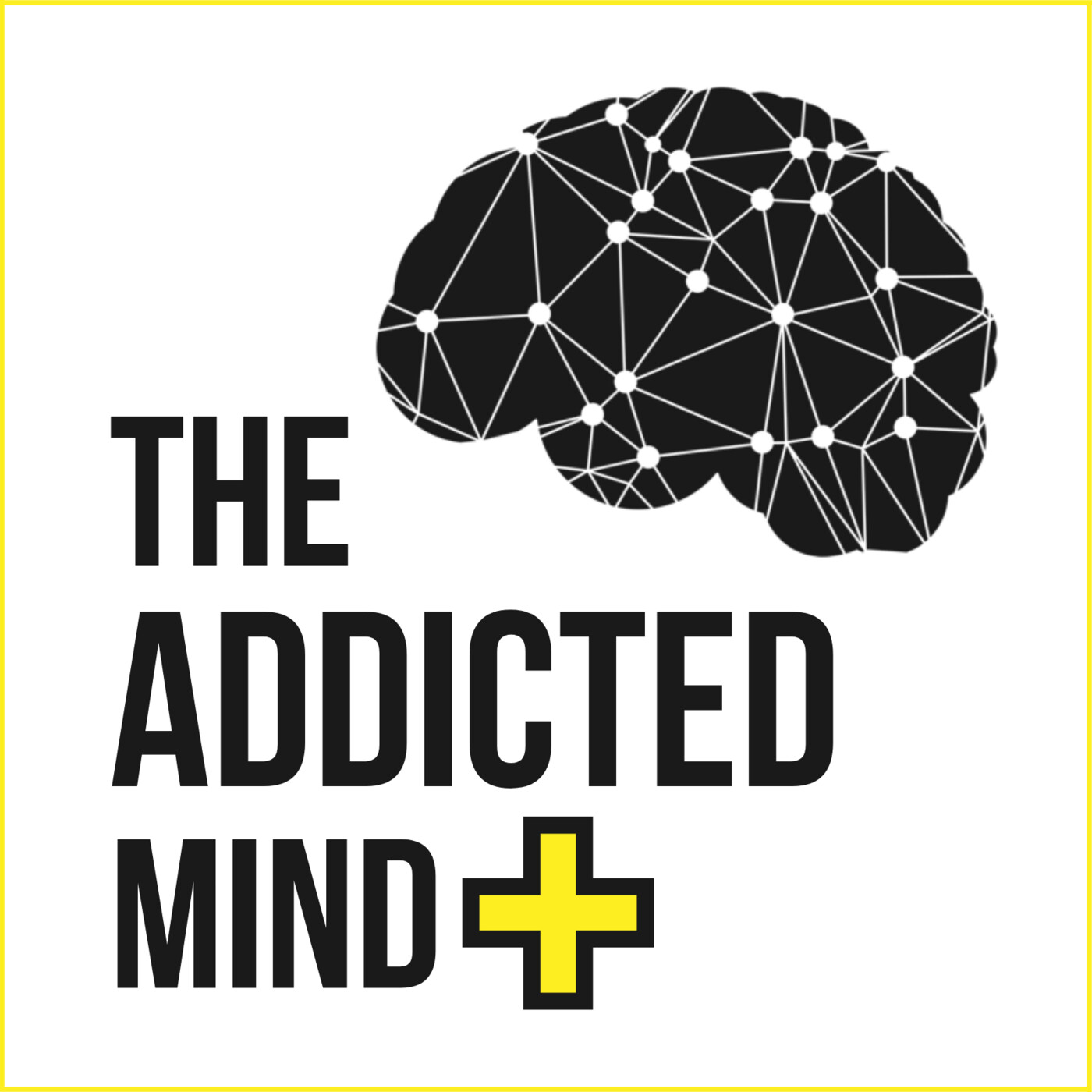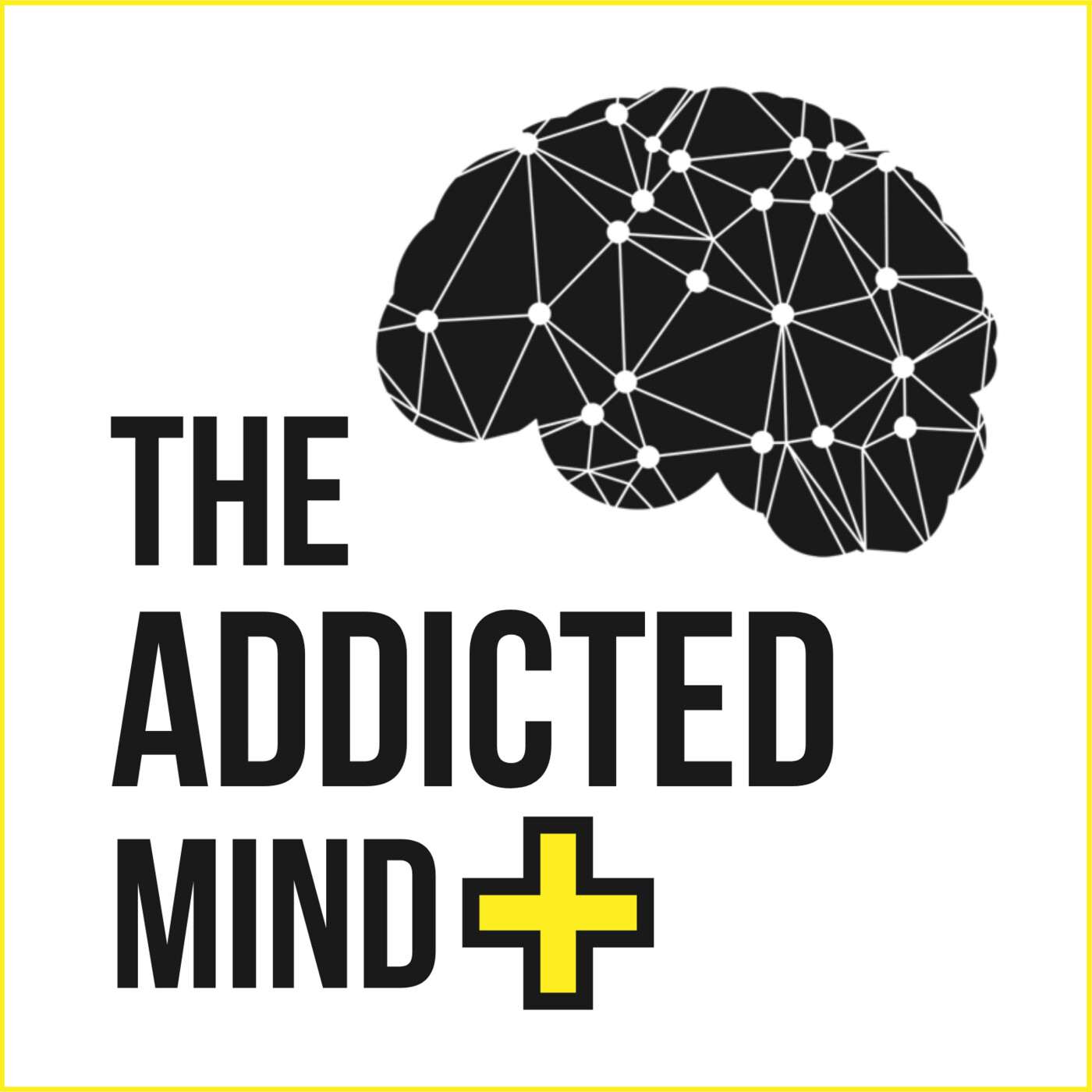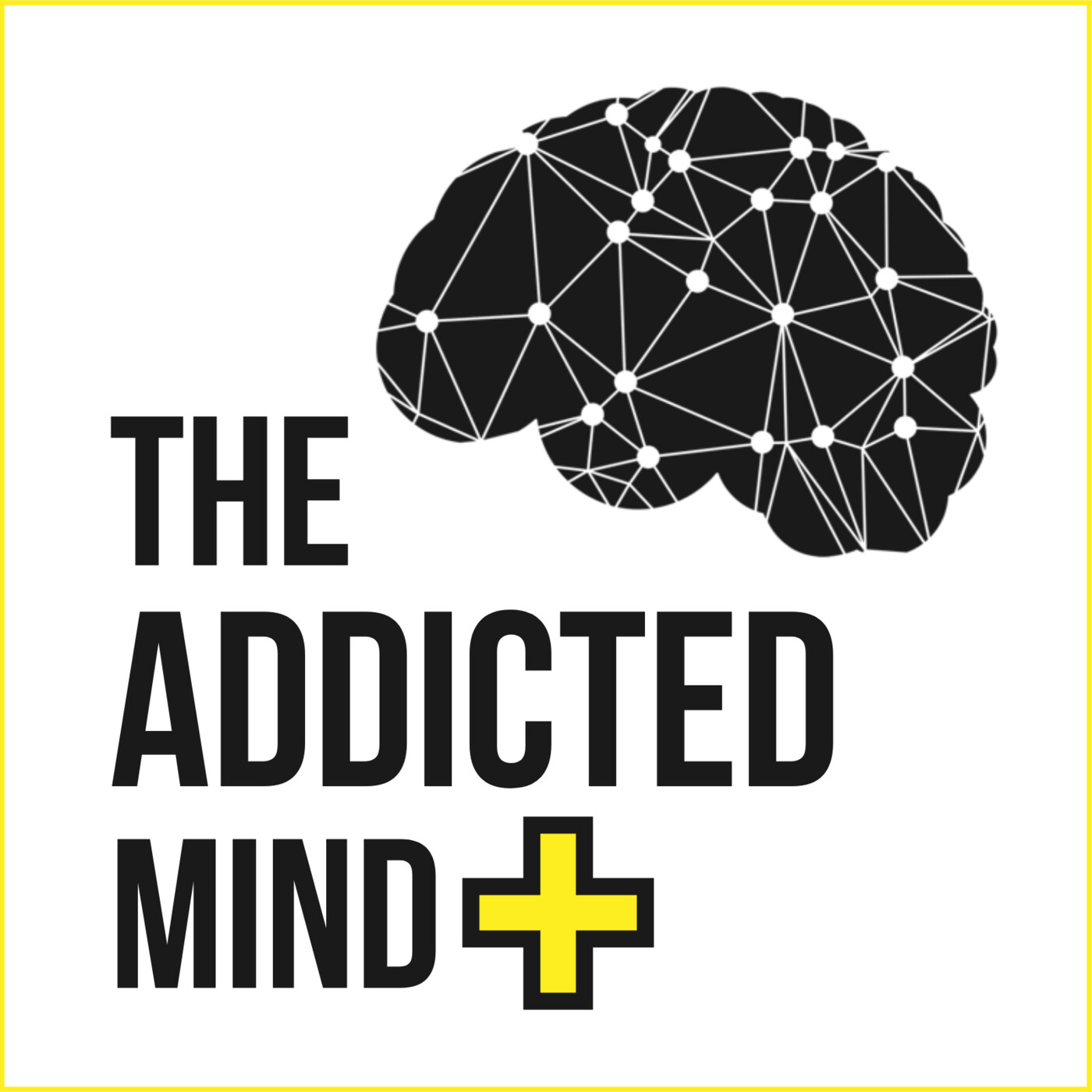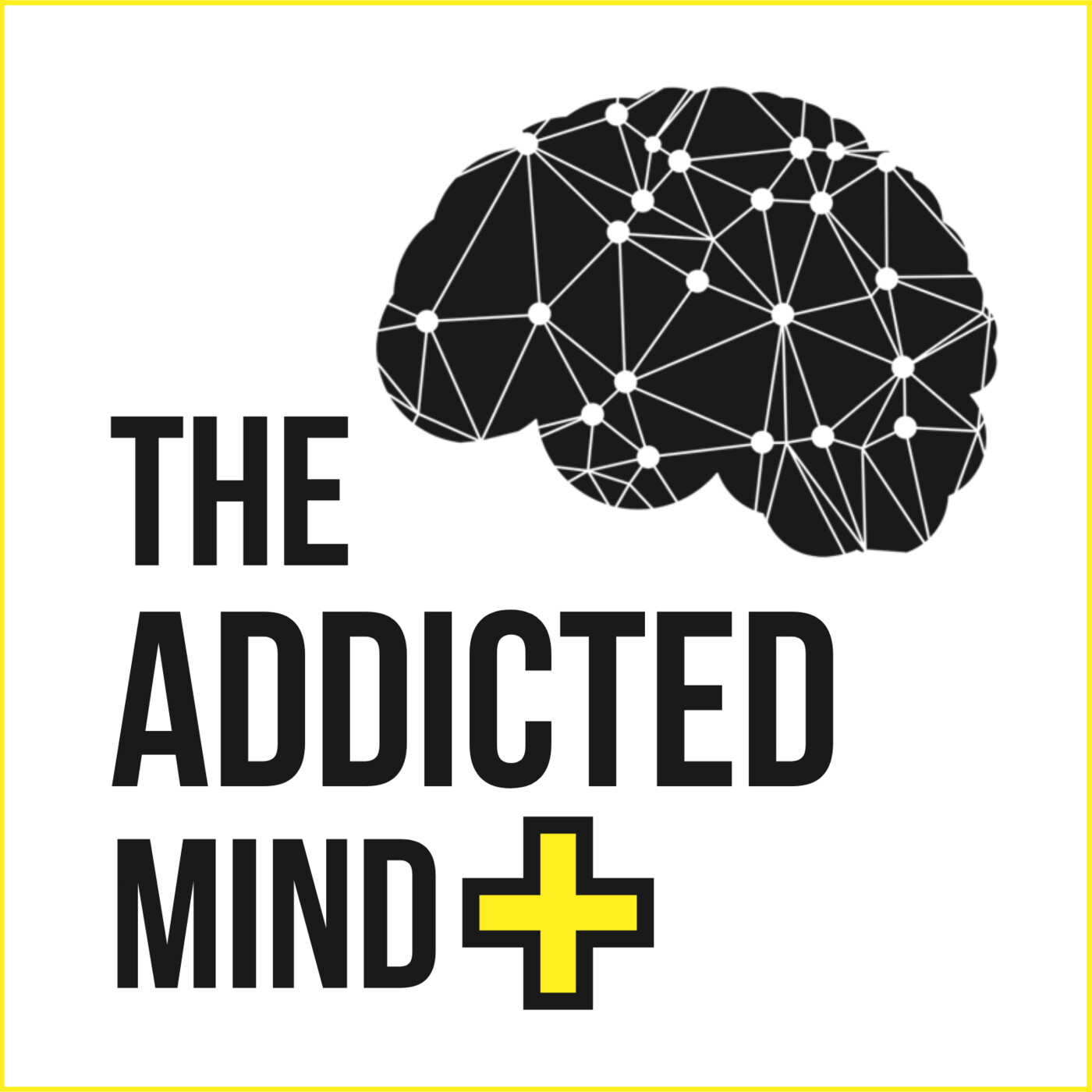In this episode, host Duane Osterlind speaks with Liz Friedman, CEO and Co-founder of GPS Group Peer Support, about the vital role of peer support and group modalities in addressing the widespread mental health crisis. Liz shares her personal journey into the work, stemming from a severe mental health crisis after childbirth, which revealed significant gaps in the healthcare system. The conversation delves into the definition, profound impact, and structured model of peer support, emphasizing its effectiveness in fostering connection, resilience, and lasting change.Key Discussion PointsDefining Peer Support: Peer support is fundamentally about landing in your own lived experience and offering it as a tool and gift to others. It is about saying, "I've survived some really hard things. I believe you can too. Let's take the next step together," to break through isolation, stigma, and shame.Lived Experience as a Modality: Liz's personal motivation comes from her own struggles and the realization that connection is the key factor in healing. This understanding is deeply rooted in the recovery field.Peer Support vs. Professional Therapy: While professional therapy is crucial, peer support offers a unique, complementary therapeutic modality where participants share their lived experience to inspire and resource one another. Peer support minimizes the hierarchy and clinical barriers often present in traditional settings, enhancing rapport.The Need for Structure and Training: Despite the organic nature of groups, there is a limited evidence base and a lack of training for running effective peer support groups—even among clinical professionals. Liz's organization, GPS Group Peer Support, focuses on training facilitators to create a structured, trauma-informed, and trauma-responsive container that allows for genuine authenticity and courageous sharing.The GPS Group Peer Support Model: The model integrates evidence-based modalities (like CBT, Motivational Interviewing, Mindfulness) seamlessly into a very set, stepped structure. Key elements include:Ritual Beginning: Starting with a mindfulness moment for grounding and landing.Heightened Confidentiality: Confidentiality is framed relationally to promote transformation, where the very act of saying something can change it, and prevent "locking" a person into their past truth.No Interruption/Advice: A completely device-free zone that eliminates crosstalk, advice-giving, and conflict. This trusts the participant's ability to find their own path and fosters self-trust.Realities and Principles: An honest preamble that names the challenges (realities) specific to the population while affirming principles of hope, dignity, and recovery for everyone.Equal Protected Time: Every person receives the same amount of protected time to share, ensuring the group is never dominated by a single voice and allowing the collective story to emerge.Addressing the Mental Health Crisis: The shift to group therapeutic care and support groups is critical for the future of mental healthcare. By utilizing a group model, costs can be reduced, access can be dramatically expanded (serving millions more people), and care can be de-stigmatized and normalized.💡 Listener TakeawayLiz Friedman encourages anyone struggling and considering joining a group with this powerful message:"Sharing your story with other people is the most courageous act that you can do. It's revolutionary, it's transformative, and it's healing. And I urge you today, today, right now, to go find someone you can share your precious story to and with, because that will help you with your connection with your path. It will make everything else possible. You're not alone."Episode CreditsIf you like this podcast and are thinking of creating your own, consider talking to my producer, Emerald City Productions. They helped me grow and produce the podcast you are listening to right now. Find out more at https://emeraldcitypro.com Let them know we sent you. If you live in California and are looking for counseling or therapy please check out Novus Mindful Life Counseling and Recovery CenterNovusMindfulLife.comWe want to hear from you. Leave us a message or ask us a question: https://www.speakpipe.com/addictedmindDisclaimerSee Privacy Policy at https://art19.com/privacy and California Privacy Notice at https://art19.com/privacy#do-not-sell-my-info.



